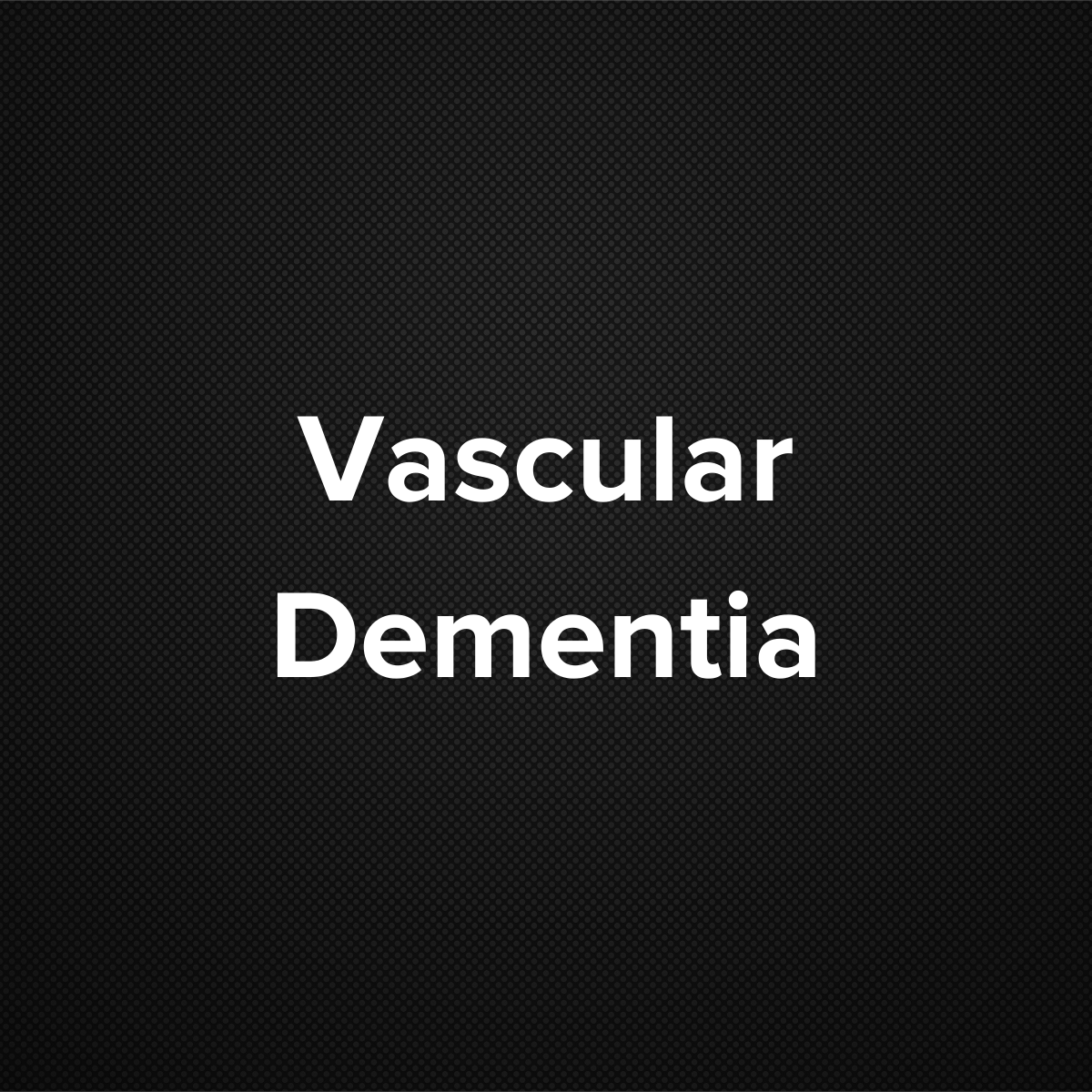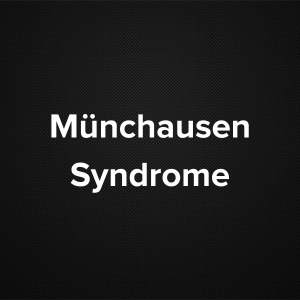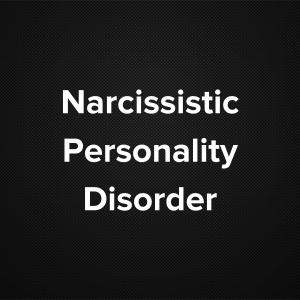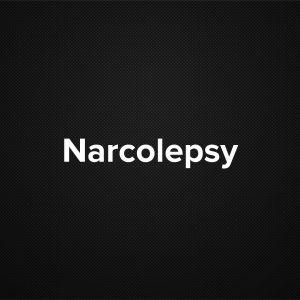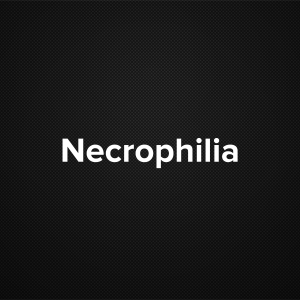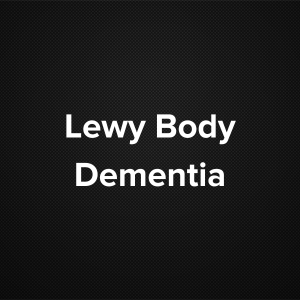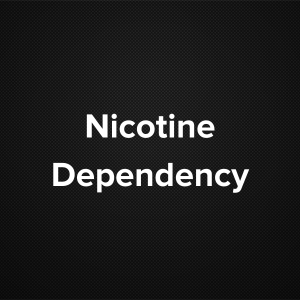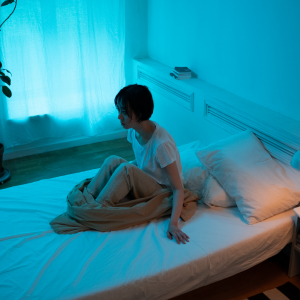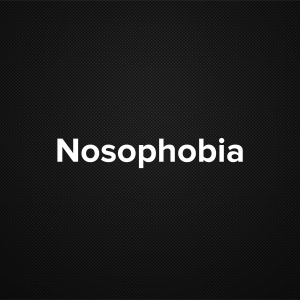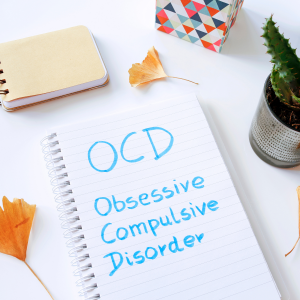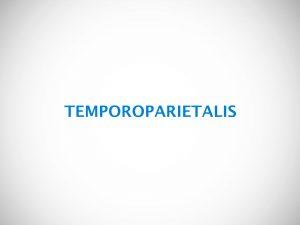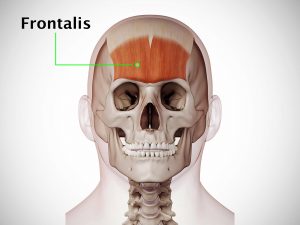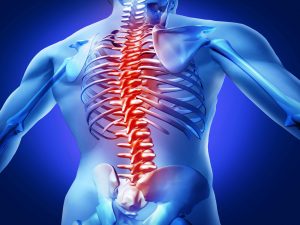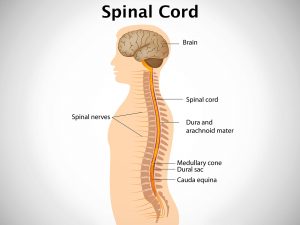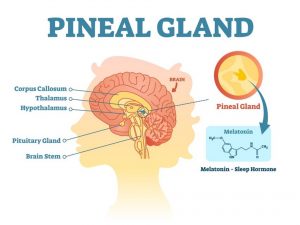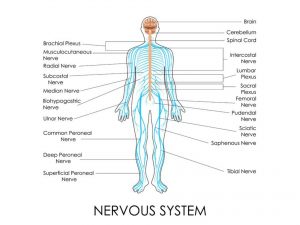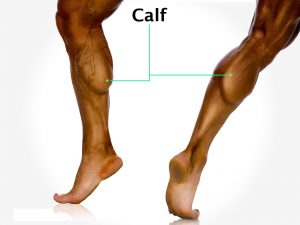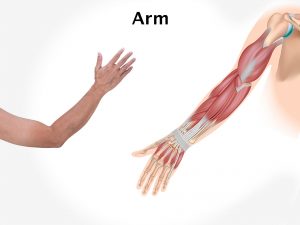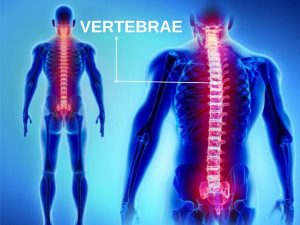Causes and risk factors
Vascular dementia is caused by reduced blood flow to the brain. Blood flow is reduced due to so some problems in blood vessels supplying the brain such as narrowing or blockage of the small blood vessels. This is known as small vessel disease. Other causes for vascular dementia include stroke, mixed dementia i.e. associated with Alzheimer’s disease, and multi infarct dementia i.e. dementia caused after multiple mini strokes. Risk factors for vascular dementia include diabetes, high blood pressure, high cholesterol, atherosclerosis, obesity, and smoking.
Clinical presentation
Clinical features include confusion, memory loss, difficulty in communication, difficulty in language due to forgetting or using wrong words, difficulty in planning and organization, misplacing things. There is disorientation with time and place, patient cannot remember familiar place, has poor judgment. Personality changes, mood changes, loss of initiative, depression can be observed. Patient may experience hallucinations. There is also loss of bowel and bladder control.
Investigation
Medical history by the patient and Clinical examination by the doctor helps in diagnosis. Blood tests for BSL, cholesterol are done. Tests for thyroid functioning, nutritional deficiencies are required. Neuropsychological testing is recommended. Imaging studies such as CT scan and MRI is useful for further evaluation. Carotid ultrasound is advised for viewing the condition of carotid arteries.
Treatment
Treatment depends upon the underlying cause. It involves changes in lifestyle such as following healthy diet, reducing weight; avoiding smoking. Supportive care in the form of anti hypertensive, anti diabetic, cholesterol reducing medicines is given to prevent further complications. Blood thinner medicines may be required to prevent clotting of blood. Medications for Alzheimer’s disease will help in managing the disease. Electroconvulsive therapy [ECT] may be required. Changes in behaviour of relatives and care givers towards the patient contribute further to the treatment. Further treatment consists of rehabilitation by physiotherapy, occupational therapy, speech therapy.
Other Modes of treatment
The other modes of treatment can also be effective in treating vascular dementia. Homoeopathy is a science which deals with individualization considers a person in a holistic way. This science can be helpful in combating the symptoms. Similarly the ayurvedic system of medicine which uses herbal medicines and synthetic derivates are also found to be effective in treating vascular dementia.
